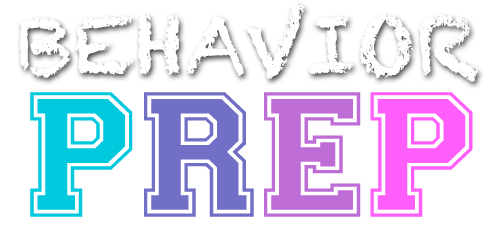E.6 Identify the conditions under which services or supervision should be discontinued and apply steps that should be taken when transitioning clients and supervisees to another professional.
Identifying the conditions under which services or supervision should be discontinued means recognizing when it is no longer appropriate or beneficial for a client or supervisee to continue receiving services or supervision from a BCBA. This includes knowing when to responsibly end services and taking appropriate steps to transition them to another professional for continued care or guidance.
Example: A BCBA has provided behavior therapy to a child for two years. Over time, the BCBA recognizes that the child’s goals have been met and further services are no longer necessary. The BCBA discusses this with the family, explaining the reasons for discontinuing services. The BCBA also helps the family transition by providing a referral to a different professional who can assist with any future concerns that may arise or for general support. Additionally, they provide the new professional with a summary of the client’s progress and treatment history to ensure continuity of care.
